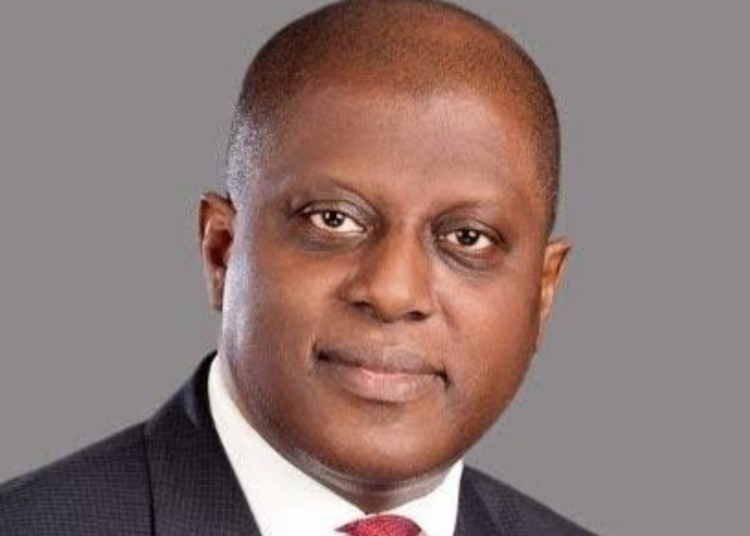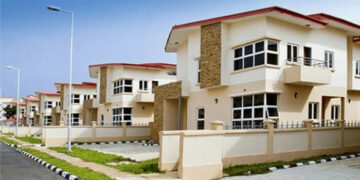Since the coming into office of the Bola Ahmed Tinubu administration, the nation’s apex bank, the Central Bank of Nigeria (CBN), has remained in the news beginning with the suspension of its erstwhile chief, Mr Godwin Emefiele, the appointment as governor, on acting capacity, of Mr Folashodun Shonubi, and the commencement of investigation into the operations of the bank under the outgone management. With the appointment of a substantive helmsman, Dr Michael Olayemi Cardoso, pending screening and ratification by the senate, the much-anticipated stability in the management structure is expected to begin to take shape.
With this development, many an analyst, have devoted time and energy to unveiling the new central banker in relation to the task ahead as the economy continues to struggle to cope with multiple pressures that are impacting harshly on the citizens. This is even as the President, like an experienced sailor on troubled sea, makes effort to keep the ship of state afloat.
Before his appointment, Cardoso, a banker, stockbroker and public policy maker, had served in Lagos state under Governor Tinubu as commissioner for Economic Planning and Budget. In this regard, he is considered an expert in fiscal policy as against the perceived mandate of the Central Bank, as an agency of government, that superintends over monetary policy and microeconomic issues. Many also argue that this may not matter much considering the fact that one of his predecessors in office, Alhaji Adamu Ciroma, a history graduate, who was appointed by General Murtala Mohammed as CBN governor, was assessed to have performed well in that office. That he later served as Minister of Finance, attests to this assessment.
Regardless, he is coming into office at a time of heightened expectation- run away inflation, fledgling value of the nation’s legal tender, the Naira, vis-à-vis other international currencies, exchange rate challenges, price instability among many other issues that are plaguing the economy.
It is from this point of view that we are persuaded to posit that Cardoso, who was admitted into Aston University in the United Kingdom to study managerial and administrative studies and who also has a Master’s degree in public administration, from Harvard University, United States of America, has his job cut out for him.
In our considered opinion, Nigerians expect him to hit the ground running and put in place policies that will bring the economy under control. We are further encouraged to pursue this line of thought as we believe that, belonging to the same Asiwaju Tinubu political school of thought with the Finance minister, Wale Edun, both will complement each other and collaborate in fashioning out implementable fiscal and monetary policies that will, hopefully, energise the micro and macro-economic issues the president will act on in his determination to give the economy, generally, the desired kiss of life.
We make this proposition based on the public presumption that he is an acolyte of President Tinubu, and, therefore, enjoys his confidence. Even if this is true, and considering the complexities of politics of Nigeria which is far removed from what obtained in Lagos, a lot of factors may come into play as the intricate geo-political balancing acts begin to manifest.
Beyond these general assumptions about his duties as the CBN governor and relations with the President and the finance minister, it is pertinent to put him on notice that there is an urgent need to stabilize the price mechanism that has been impacting negatively on the economy, heating up the system and generating inflationary trends that are unhealthy and unacceptable. The long and short of the story, in our view, is that he is expected to bring down inflation, currently at double digit levels. He must not wait to be told that the society is finding it difficult to cope with the enormous challenges presented by an economy in distress. As a key economic adviser to the president, he will be expected to think on his feet and outside the box to initiate policies that are people- friendly. Personal relationship, though helpful in this given circumstance, if not well managed, may also constitute a pressure point of its own.
Another aspect of the economy that is responsible for the seeming crisis in the economy, regarded as exceedingly import- dependent, is the alleged political interference in the foreign exchange management. If this is the true position, we do not envy him because the demands are not likely to ease anytime soon. However, Nigerians expect him to step on toes, including sensitive ones, in the management of the nation’s dwindling foreign reserve in a manner that will provide enough for the need of the majority just as the greed of the powerful minority may be pandered to within limits that are decent and admissible.
It will, also, not be out of place, in our considered opinion, to expect the incoming CBN governor to insist on the independence of the apex bank so as to avoid the abuse experienced lately in its application of the ways and means policy that turned it into the piggy bank of the executive branch.




